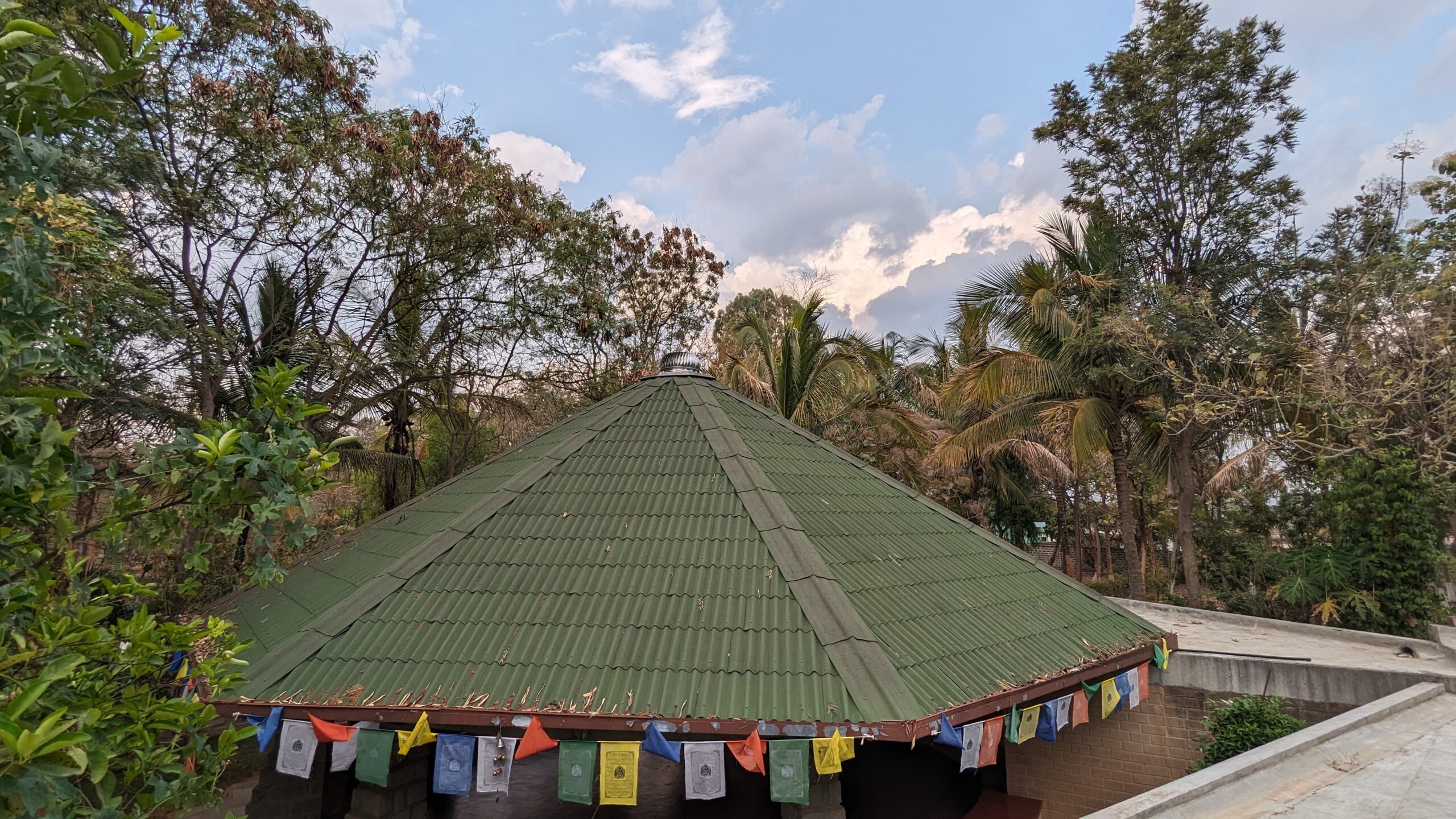About
“A journey of a thousand miles begins with a single step”.

Snehadhara Foundation
Vision: Build a transformative ecosystem where empathy, equity, and compassion create inclusive spaces through Arts Practices for Inclusion (API), fostering meaningful change at scale.
Mission: By 2030, Snehadhara Foundation (SF) will train 200 API practitioners and impact 10,000 lives, fostering inclusion across education, communities, workplaces, and vulnerable groups. SF will advocate for well-being, equity, and belonging, aligning with the Sustainable Development Goals (SDGs).
Our Core Guiding Principles
Love & Compassion
Building deep, meaningful connections that nurture growth and belonging.
Honesty
Upholding transparency, integrity, and authenticity in all our efforts.
Empathy
Nurturing deep understanding and human connection.
Diversity
Celebrating differences and ensuring representation.
Inclusion
Creating accessible and equitable spaces for all.
Snehadhara Foundation (SF), established in 2012 and headquartered in Bangalore, is a pioneering non-profit dedicated to Arts Practices for Inclusion (API). SF places arts at the core of teaching and learning, fostering inclusion as the cornerstone of a compassionate society.
SF started its journey out of a 3 BHK house in a residential area in J.P. Nagar, in 2012. Literally ‘stream of love,’ Snehadhara got its name from Sneha, one among the small group of children to attend the fledging Direct Care Centre for people with special needs.
Through service-based initiatives, community engagement, and policy advocacy, SF has directly impacted over 10,500 children and adults, reached 75,000 individuals globally, and trained over 3,000 professionals from 500 organizations across eight countries, including India, Nepal, and Canada.
